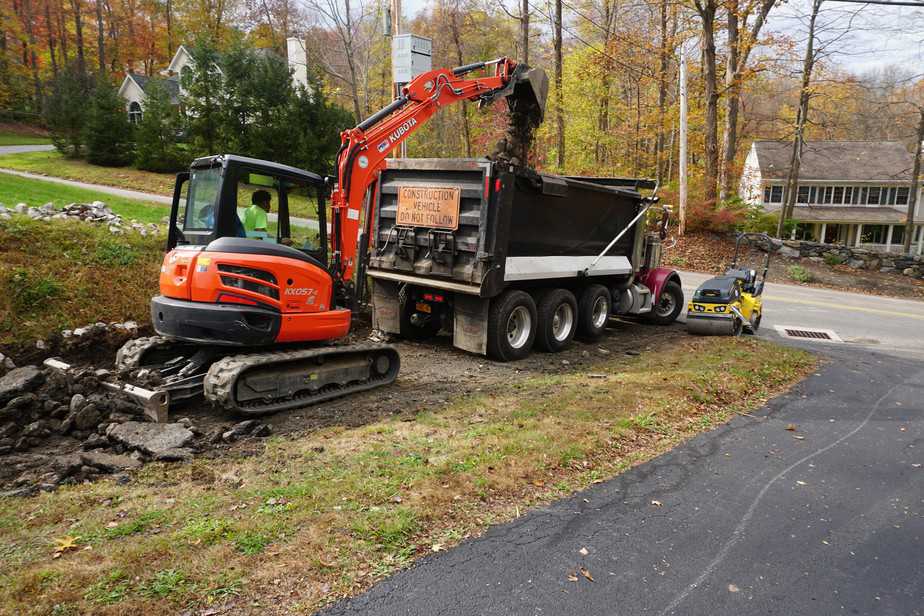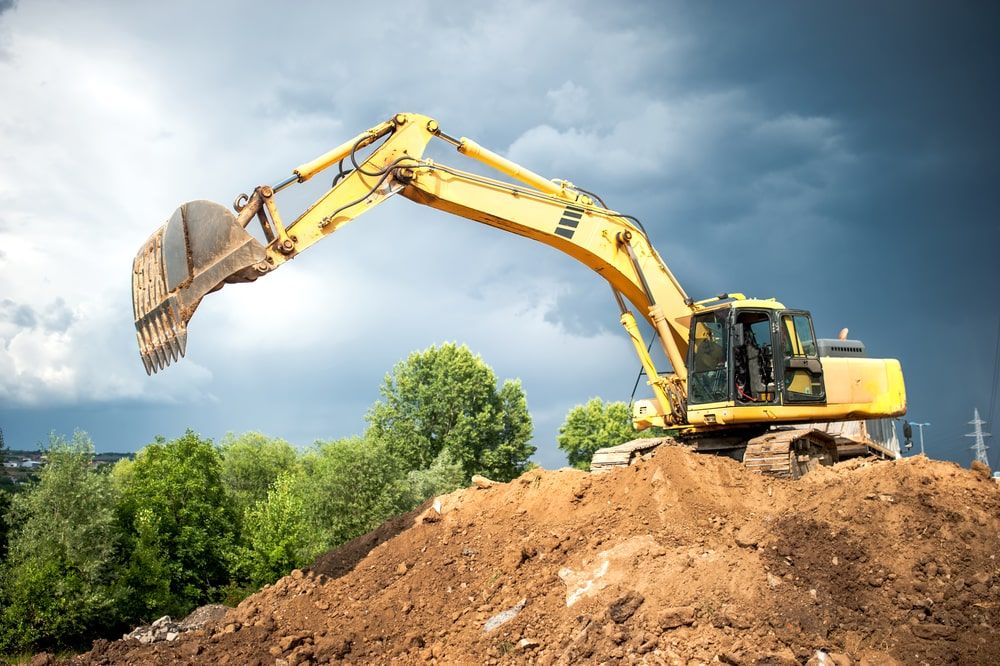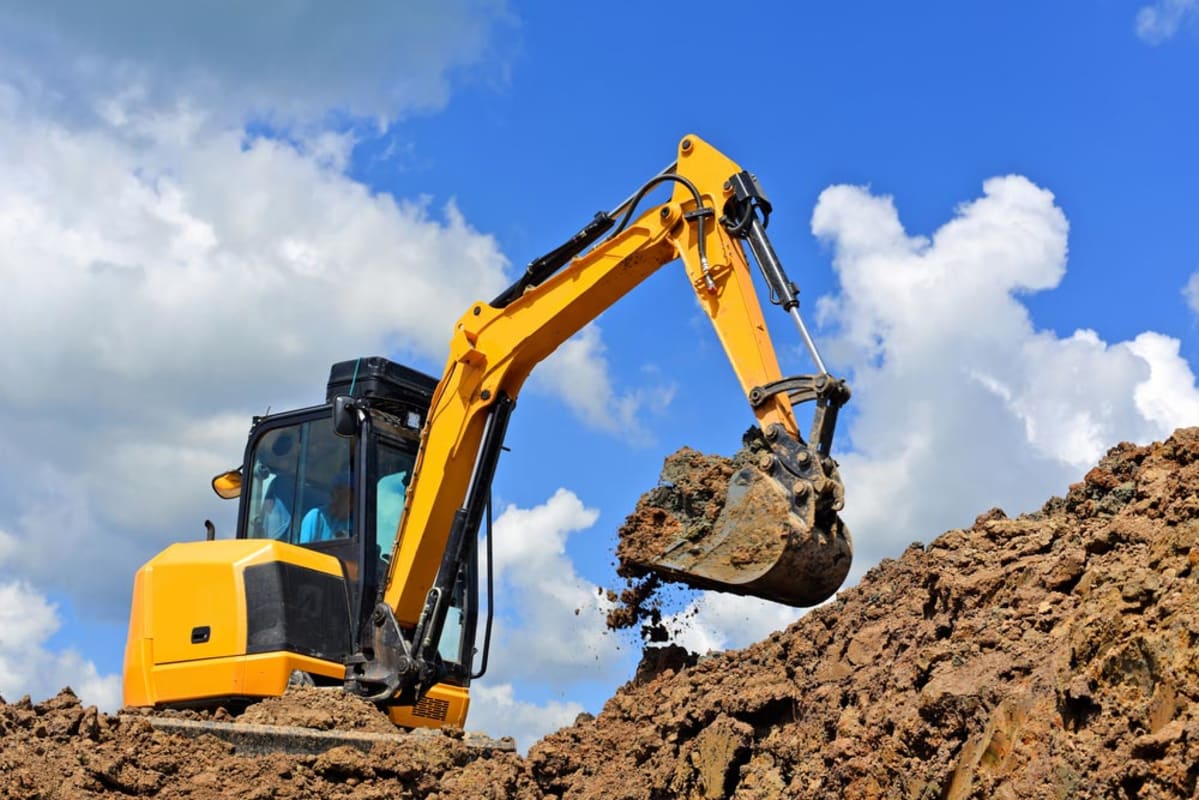Thorough Expedition: The Scientific Research Behind Superior Excavation Practices
From ancient hand tools to modern hydraulic excavators, the evolution of excavation techniques has actually been a testament to human resourcefulness and technological improvements. What really sets remarkable excavation practices apart is a deep understanding of geological concepts, coupled with the usage of innovative devices and approaches.
Evolution of Excavation Techniques
Throughout background, the advancement of excavation techniques has actually played an essential role beforehand building methods and archaeological explorations. From the primary tools used by our forefathers to the innovative equipment employed in modern-day times, the progression of excavation techniques has actually significantly changed how we approach different jobs.
In ancient times, hands-on labor with basic devices such as wheelbarrows, shovels, and pickaxes was the primary approach of excavation. This labor-intensive procedure restricted the depth and extent of excavations, usually resulting in slow progression and limited accessibility to particular sites. Nevertheless, as human beings advanced, so did the strategies and devices made use of for excavation.
The Industrial Revolution noted a turning factor in excavation practices with the intro of steam-powered equipment. In contemporary times, modern technology plays a crucial function in excavation, with developments like GPS systems, drones, and 3D scanning enhancing accuracy and performance in the field.
Duty of Modern Technology in Excavation

The combination of cutting-edge innovation has basically revolutionized the area of excavation, improving accuracy and effectiveness to unmatched levels - dump truck companies in ohio. One of the crucial technological developments that has significantly influenced excavation techniques is the application of GPS systems.
Moreover, the arrival of 3D modeling and simulation software application has streamlined the planning procedure for excavation jobs. Operators and engineers can now visualize the whole excavation procedure before breaking ground, recognizing possible obstacles and maximizing process. In combination with this, the implementation of drones in excavation activities has actually promoted airborne studies, volumetric measurements, and website assessments with unparalleled rate and precision.
Geological Principles in Excavation
An understanding of geological concepts is important for making sure the structural stability and security of excavation websites. Geological factors play an essential role in identifying the expediency and security of excavation jobs.
In addition, the geological framework of the area, including mistakes, fractures, and rock developments, should be thoroughly evaluated to determine possible dangers and obstacles. Digging deep into near fault lines or unpredictable rock formations can bring about instability and possible hazards. By performing thorough geological surveys and analysis, excavators and engineers can develop methods to minimize threats and ensure the successful conclusion of excavation tasks. Inevitably, incorporating geological principles into excavation methods is critical for attaining safe, reliable, and sustainable outcomes.

Newest Tools for Excavation
In the realm of excavation techniques, modern advancements in devices have changed the performance and news precision of excavation processes. These drones can provide thorough airborne surveys of excavation sites, using real-time information on topography and possible hazards.
One more cutting-edge device gaining appeal is the application of 3D printing technology for producing custom excavation tools. This enables for the manufacturing of specialized tools that are tailored to the certain requirements of a task, boosting performance and reducing downtime.
Additionally, developments in products scientific research have resulted in the growth of more powerful and more durable excavation tools. lancaster trenching. Tungsten carbide-tipped excavator accessories, for instance, deal premium performance in difficult ground conditions, improving productivity on-site
Scientific research's Influence on Excavation Practices

Additionally, innovations in products science have brought about the production of stronger, a lot more sturdy excavation devices and tools. For circumstances, the usage of composite materials in miners and shovels has improved their efficiency and longevity, eventually boosting efficiency on excavation websites. Additionally, scientific research on soil auto mechanics and geotechnical design has given important understandings into soil habits, allowing excavation experts to make enlightened choices relating to excavation techniques and soil stablizing strategies. In general, scientific research proceeds to drive advancement and enhancement in excavation methods, making excavation projects more efficient, economical, and sustainable.

Verdict
To conclude, the advancement of excavation techniques has actually been considerably influenced by improvements in modern technology and a much deeper understanding of geological principles. The current devices and equipment made use of in excavation have actually enhanced effectiveness and precision in the field. The application of clinical understanding has substantially enhanced excavation methods, leading to much more lasting and effective approaches for excavating numerous kinds of products.
In the world of excavation techniques, official website modern technologies in tools have actually reinvented the efficiency and accuracy of excavation processes. By leveraging clinical principles, the excavation industry has actually been able to substantially enhance efficiency, accuracy, and security in excavation processes. GPR allows excavation teams to non-invasively scan and map subsurface frameworks, utilities, and prospective risks, enabling them to plan excavation jobs with greater accuracy and minimized danger of crashes.
In addition, scientific research on soil auto mechanics and geotechnical engineering has actually offered useful insights into dirt habits, permitting excavation professionals to make educated choices concerning excavation techniques and dirt stabilization methods. On the whole, scientific research proceeds to drive development and enhancement in excavation practices, making excavation projects extra click this site reliable, affordable, and sustainable.